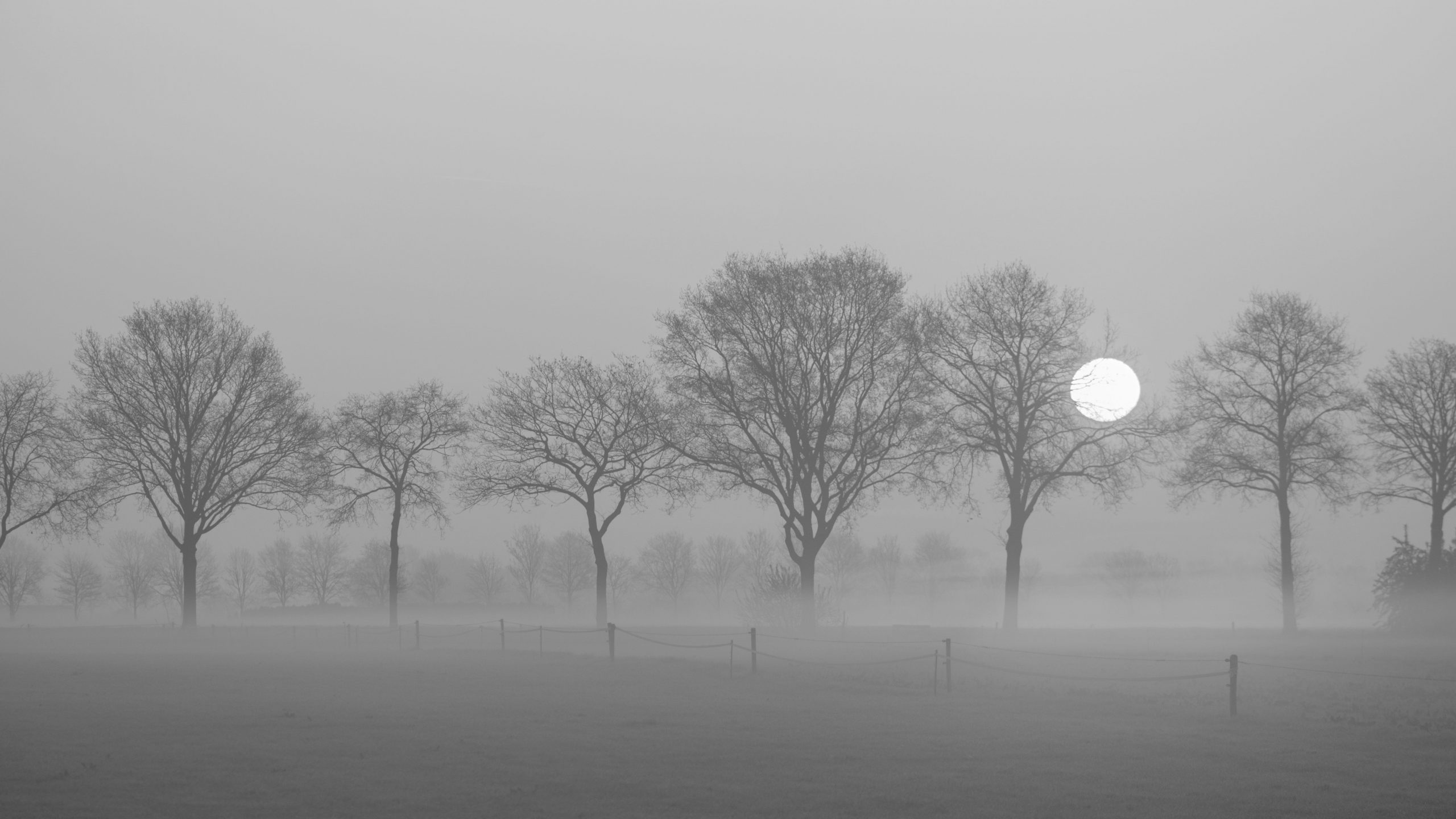Farming in the UK needs nature reserves to work. The majority of biodiversity is conserved in protected landscapes, enabling conventional agriculture to have the dominant hand in the undesignated areas. However, increasing amounts of evidence are undermining this strategy. We are used to bad news for species in certain farmscapes, but a recently published survey from 88 nature reserves across Germany has revealed some shocking declines. The august Krefeld Entomological Society organised a total of 15249 trapping days between 1989 and 2014. Their results showed average weights of insects caught to have declined from an average of over 9g per day at the start to about 1g per day by 2014. This is a decline in the biomass of flying insects in excess of 80% in just 27 years, a statistic that also confirms the lack of bug splatter on the windscreens of our cars that is also causing concerns in the UK. Surveys carried out by the Game and Wildlife Conservation Trust and, over an even longer period of time, by the Rothamsted scientists, show declines of around 40% in England in the ‘wider countryside’.
Many bird species do not rely on nature reserves at all. In last week’s Daily Telegraph (27/11/17) the RSPB raised the spectre of the turtle dove becoming extinct in our country. Similar concerns apply to other farmland birds such as yellow wagtail, lapwing and corn buntings, as well as to insectivorous species such as the flycatcher, down nearly 90% since 1967. Information collated from research at Exeter University indicates a decline of over 421 million birds across 25 European countries between 1980 and 2009. Rachel Carson’s chilling forecast of the ‘Silent Spring’ seems to be approaching actuality.
Perversely, as certain species reduce in number, nature reserves can be counter-productive. The Dutch have produced examples of where nature reserves have actually hastened the declines of ground nesting birds such as lapwings and black-tailed godwits, attracting vulnerable birds into an environment where predators are legion. This is referred to as an ecological sink. It is further demonstrable around the world that the impacts of island biogeography militate against successful long term species protection in reserves surrounded by hostile land use, not just water. One of the most striking studies has been carried out in the Amazon under the aegis of the Biological Dynamics of Forest Fragments Project (BDFFP). Species richness simply declines in the fragmented habitats over time, a pattern which Elizabeth Kolbert, in her seminal book The Sixth Extinction, argues is driving a global species loss that already matches other periods of mass extinction in the geological record.
Farmers, in being the stewards of 80% of the land area of the UK, thus face a massive and increasing challenge to their conventional models. As Brexit pushes the regrouping of our agricultural policies at domestic level, a green agenda is looking to achieve a transformative paradigm shift in the industry. More and bigger nature reserves with a substantial network of robust connectivity will be required and the areas left to pure food production around them will have to be managed in a less hostile fashion. Professor Dave Goulson from Sussex University, an entomologist specialising in bees, theorises that the English countryside is in the grip of the worst poisoning in its history, with insecticides based on neonicotinoids and synthetic pyrethroids leading the observed toxicity. This issue will be a further determinant of how food land is farmed, along with precise focus on soil biology.
The answers possibly lie in a cause espoused by the great Harvard Professor of Biology, E.O. Wilson, which he refers to as ‘Half Earth’, an advocation that half the surface of the world must become a nature reserve if we are to stave off the sixth extinction and survive as a species. New and better systems of food production must develop alongside expanded wildlands. A utopian direction that may just underpin the continuing of subsidy to the British farmer for a very long time to come.







